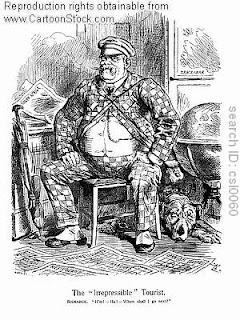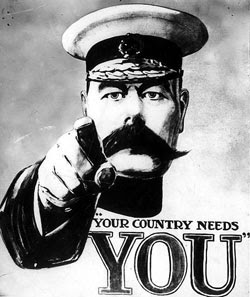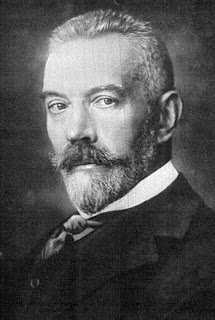



So...German Foreign Policy
Weltpolitik - Kaiser wanted Germany to be world power.
Mean different things to different people - some just wanted EU expansion, some Lebensraum (living space) and some world domination - like the Kaiser.
Germany - didn't expect alliances from GB - it was the strongest country but decided that in worsening climate, it needed alliances.
Alliances - Franco-Russian Alliance, Anglo-Japanese, Anglo-French, Anglo-Russian, Triple Entente
First Moroccan Crisis - led to Anglo-Russian agreement
This led to the Bosnian Crisis
And the problems coming from the GB v G naval race - GB wanted G to stop rearming, G wanted GB to remain neutral in war. Neither was going to agree. Came to nothing.
Then came the Second Moroccan Crisis - The Germans sent 'The Panther' - a gunboat, a clear sign of Brinkmanship - alarm bells ran for the other EU countries.
Fischer Argument - deliberate - Weltpolitik, Schlieffen Plan, Naval rearmament, War Council Meeting, Daily Telegraph Affair
Wehler argument - deflection from domestic issues - bad economy, growth of SPD, Kaiser's ineptitute - unite the country
Some thought it was a 'calculated risk' - Germany thought that it could win a war in EU but made a mistake. Thought France and Russia would be slow to mobilise.
Conclusion - Germany did have a large share of responsibility.
BUT a lot was response to external factors - alliances > encirclement
Tried to secure position - many diplomatic errors
Like the Kruger Telegram, Daily Telegraph Affair, 2nd Moroccan Crisis - Mostly on Kaiser's part - he was an idiot!
War Council Meeting - misunderstood? - was it really important? Hollweg didn't attend - does this mean it was trivial or that the army were taking over?
Altogether, Germany was influenced by outside factors, but did have a large part in starting WW1.
No comments:
Post a Comment